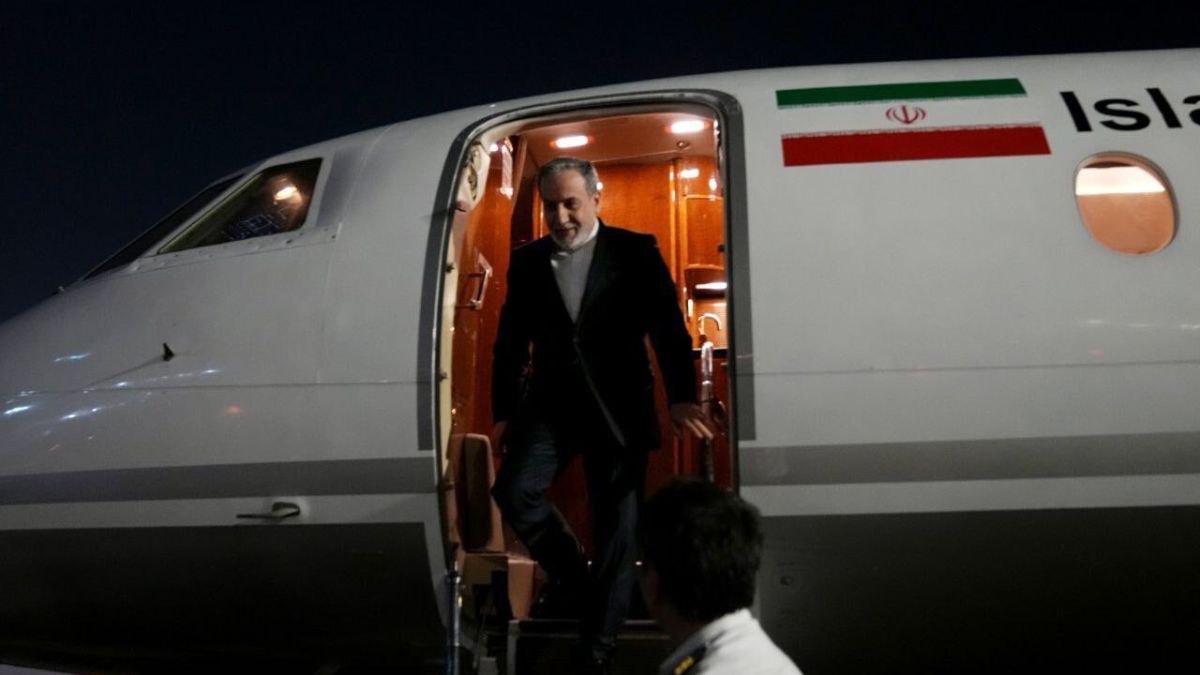Abbas Araghchi in Russia: Will Moscow take Iran's side against US, Israel in the war?
 Iranian Foreign Minister Abbas Araghchi arrives in Moscow for talks with Russian President Vladimir Putin | X
Iranian Foreign Minister Abbas Araghchi arrives in Moscow for talks with Russian President Vladimir Putin | X
Amid escalation in the US-Israel conflict, Iranian Foreign Minister Abbas Araghchi has left for Russia for a "crucial meeting", according to reports. The meeting assumes significance in the wake of the US joining Israel in striking Iran, a Russian ally.
Araghchi, who arrived in Moscow early on Monday, hinted at having serious consultations with Russian President Vladimir Putin. The Iranian minister said it was "essential for Iran and Russia to engage in closer and more precise consultations" in the wake of the current "exceptional circumstances" in the region.
Araghchi’s meeting with Putin has been confirmed by Russian Foreign Ministry Spokeswoman Maria Zakharova. Moscow's stance has also set tongues wagging as the Kremlin, though condemned attacks by Israel on Iran's nuclear sites, has not given any substantial military help to Iran. It has also desisted from openly taking Iran's side. The only strong words in this regard came from Deputy Chairman of Russia’s Security Council Dmitry Medvedev who posted on X that "several countries were ready to directly supply Iran with their nuclear warheads."
That said, geopolitical experts say Russia wouldn't want to meddle in the Israel-Iran war, as it has a complicated relationship with Israel. "We're unlikely to see global countries like China and Russia get involved, unless it's to supply weapons," Mohammed Alsudairi, a lecturer in politics and international relations at the Australian National University, told ABC News. "But even then, their likelihood of supplying weapons is quite low," he added.
There is also no formal agreement between Iran and Russia or its other allies like China and North Korea that stipulates they come to each other's help in a crisis.
Though Moscow and Tehran have a strategic relation - a 20-year strategic partnership - the alliance does not cover a mutual defence and the countries are not obliged to provide military support in case of a foreign attack. The pact only prevents Russia from aiding Israel.
That said, the Islamic Republic always hesitated in letting foreign powers interfere in its internal affairs.
Middle East